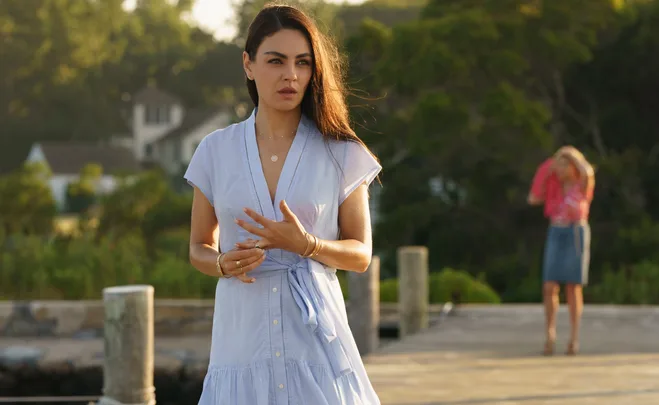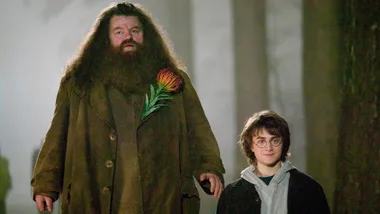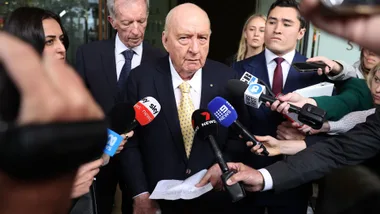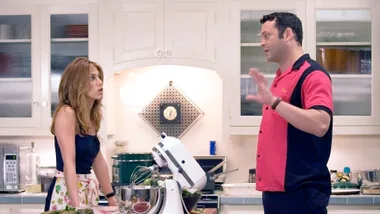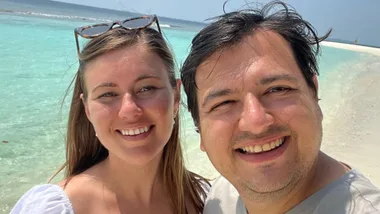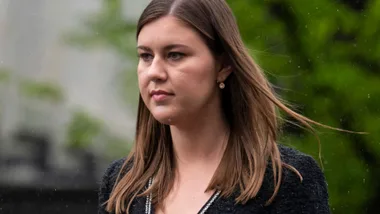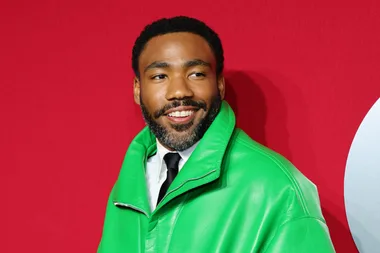Trigger warning: this article discusses sexual assault and violence and may be distressing to some readers.
“Netflix really dropped the ball by not adding a giant trigger warning for Luckiest Girl Alive.” This is the resounding consensus from viewers who have taken to Twitter to call out Netflix’s latest film starring Mila Kunis.
The story, which was inspired by a true and horrifying experience endured by author and screenwriter Jessica Knoll, follows a successful woman, Ani who is forced to revisit her past when a documentary-maker comes knocking.
The film’s synopsis says as much, and when the viewer selects to watch the film (within Netflix Australia) a short rating and classification appears: “strong violence, sexual violence”. Other publications report the classification only reads “sexual violence” and “threat” on the US-version of the platform.
The reality? The film involves a disturbing scene where a younger Ani is gang raped by three of her high school peers, while another scene involves a school shooting.

Viewers took to Twitter to express their concern about the lack of proper warning in the classification, with one writing that they felt “bamboozled” by the description as it stands.
“Hey @netflix a content warning would have been nice!!! Graphic sexual assault and school shooting in this movie and there was no content warning or anything at all?? That’s messed up,” another added.
Another Twitter user also weighed in: “I thought I missed the trigger warning about Luckiest Girl Alive, but reading the tweets now, there were no TW about SA, right? anyway slaying this panic attack.”
Netflix has yet to respond to the concerns.
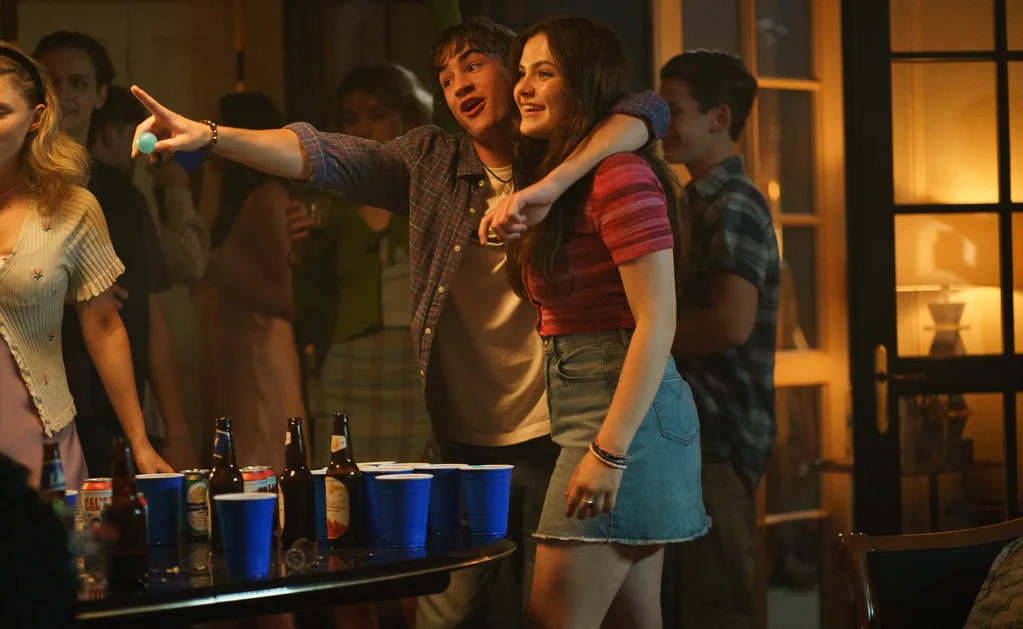
After writing the book the film was adapted from, Knoll revealed that it was inspired by her own gang rape when she was a teenager.
The author also told Today earlier this month that while serving as an executive producer on the film, she decided not to be present when they filmed the rape scene.
“A lot of that had to do with the fact that I didn’t want to make the actors feel uncomfortable,” the author explained.
“I’m an executive producer and I wrote this thing and everyone knows that it’s inspired by my real life experience. I could tell people were nervous around me. I was like, ‘This is a job people need to do and I don’t want to make it any more uncomfortable than it needs to be.'”
In the past, Netflix has added content warnings to its TV shows and films, including the first episode of Stranger Things season four, where a number of school aged children were murdered.
In Australia, youth education organisation Consent Labs is currently leading a campaign and petition which would see “lack of consent” added to the official classifications system for television and films in the country.
“We inevitably get questions from students saying, ‘[Asking for consent] looks awkward, how do you make it feel normal and second nature?’ And these conversations always come around to the fact that you rarely see consent role modelled anywhere, it’s definitely not modelled in relationships we see onscreen,” Consent Labs co-founder Angelique Wan told ELLE Australia in September.
The campaign largely calls out scenes where lack of consent isn’t as easily noticeable, yet just as troubling—because it’s played off as romantic and normal.
Think an intoxicated Andie turning down Christian multiple times in The Devil Wears Prada before he goes ahead and kisses her. Or Daphne refusing to stop during intercourse with Simon in Bridgerton, despite him asking her to.
Of course, the disturbing scene in Luckiest Girl Alive is in no way played off as romantic, and its ending is incredibly powerful as Ani finally speaks out about what happened to her and inspires many others to come forward with their own stories of sexual assault.
But the demand remains the same: Victim survivors who are going through the (non-linear) process of what happened to them could easily be triggered by this kind of content, and it’s important that it’s flagged so they can make up their own mind as to whether they want to watch it.
If this post brings up any issues for you, or if you feel like you need to speak to someone, please call 1800 RESPECT (1800 737 732) – the national sexual assault, domestic and family violence counselling service or contact Full Stop Australia.
